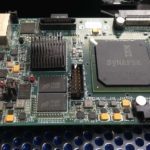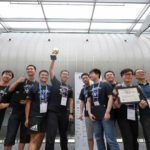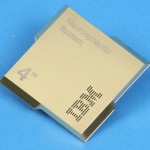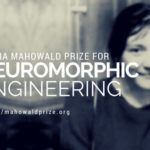“The von Neumann design has also led computing to its current limits in efficiency and cooling. As engineers built increasingly complex chips to carry out sequential operations faster and faster, the speedier chips have also been producing more waste heat. Recognizing that modern computing cannot continue on this trajectory, a number of companies are looking to the brain for inspiration and developing “neuromorphic” chips that process data the way our minds do. One such technology is IBM’s TrueNorth Neurosynaptic System.”
Radio Free HPC Looks at Results from the ISC 2017 Student Cluster Competition
In this podcast, the Radio Free HPC team looks back at the recent ISC 2017 conference and summarizes results from the Student Cluster Competition. “Eleven student teams were on the show floor this year, vying against each other for the top honors in the sixth annual ISC Student Cluster Competition. Tsinghua University from China emerged as the Overall Competition Winner, thus marking their third win in the contest.”
AFRL Taps IBM to Build Brain-Inspired AI Supercomputer
Today IBM announced they are collaborating with the U.S. Air Force Research Laboratory (AFRL) on a first-of-a-kind brain-inspired supercomputing system powered by a 64-chip array of the IBM TrueNorth Neurosynaptic System. The scalable platform IBM is building for AFRL will feature an end-to-end software ecosystem designed to enable deep neural-network learning and information discovery.
IBM TrueNorth Project wins Inaugural Misha Mahowald Prize
The inaugural Misha Mahowald Prize for Neuromorphic Engineering has been awarded to the TrueNorth project, led by Dr. Dharmendra S. Modha at IBM Research. “The Misha Mahowald Prize recognizes outstanding achievement in the field of neuromorphic engineering. Neuromorphic engineering is defined as the construction of artificial computing systems which implement key computational principles found in natural nervous systems. Understanding how to build such systems may enable a new generation of intelligent devices, able to interact in real-time in uncertain real-world conditions under severe power constraints, as biological brains do.”







